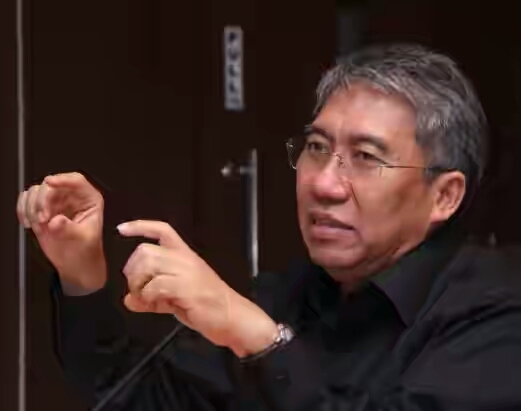The Indonesia Estate Crop Fund said on Friday demand for crude palm oil (CPO) for use in biodiesel production would grow nearly 70 per cent by 2020.
Bayu Krisnamurthi, the Chief Executive of the Fund, said at a palm conference in Bali on Friday that the growth in demand would occur as the price gap with conventional diesel narrows and more subsidies for blending become available.
Indonesia, the world’s top producer of palm oil, is pushing to increase usage of biodiesel to cut its oil import bill and curb greenhouse gas emissions.
Its so-called B20 programme requires a minimum 20 per cent blend of bio content in diesel fuel this year, up from 15 per cent in 2015.
The biodiesel sector’s appetite for palm oil will increase to 10.6 million tonnes by the start of the next decade from 6.3 million tonnes forecast for this year, said Krisnamurthi.
“Looking forward, we calculated that by 2020, 26 per cent of palm oil will go to biodiesel.
“So biodiesel becomes the new demand for the palm oil industry,” he said.
The fund is a government agency in charge of collecting palm oil levies to finance biodiesel subsidies in the country.
“The gap is getting thinner,” said Krisnamurthi, referring to the spread between prices for biodiesel and conventional diesel coming down by around 30 per cent this year as oil prices strengthened.
The palm industry hopes the drive towards biodiesel will provide underlying support for prices for the edible oil.
The oil prices hit a four-year high on Thursday amid a forecast decline in Indonesia’s palm oil output.
Meanwhile, the country is targeting a 90 per cent increase in unblended biodiesel consumption in 2017 to 5.5 million kilolitres from an estimated 2.9 million kilolitres this year, energy ministry official said.
The 2017 target is “with the assumption that there is an expansion of subsidies”, Dadan Kusdiana, secretary of the renewable energy directorate, told reporters on Friday.
Indonesia started collecting a levy on its palm oil exports in July 2015 – 50 dollars per tonne for crude palm oil and 30 dollars for processed palm oil products – and uses part of that to help fund biodiesel subsidies.
Levies collected by the Indonesia Estate Crop Fund would also need to increase to pay for additional biodiesel subsidies, Kusdiana said, adding that his office had proposed an incremental increase.
The fund is targetting a 14 per cent increase in levies collected in 2017.
Below is a table of forecast demand for CPO from Indonesia’s biodiesel industry over the next four years, based on data from the Indonesia Estate Crop Fund.
2016 6.3 million tonnes
2017 6.5 million tonnes
2018 6.7 million tonnes
2019 7 million tonnes
2020 10.6 million tonnes
($1 = 13,570 rupiah) NAN

